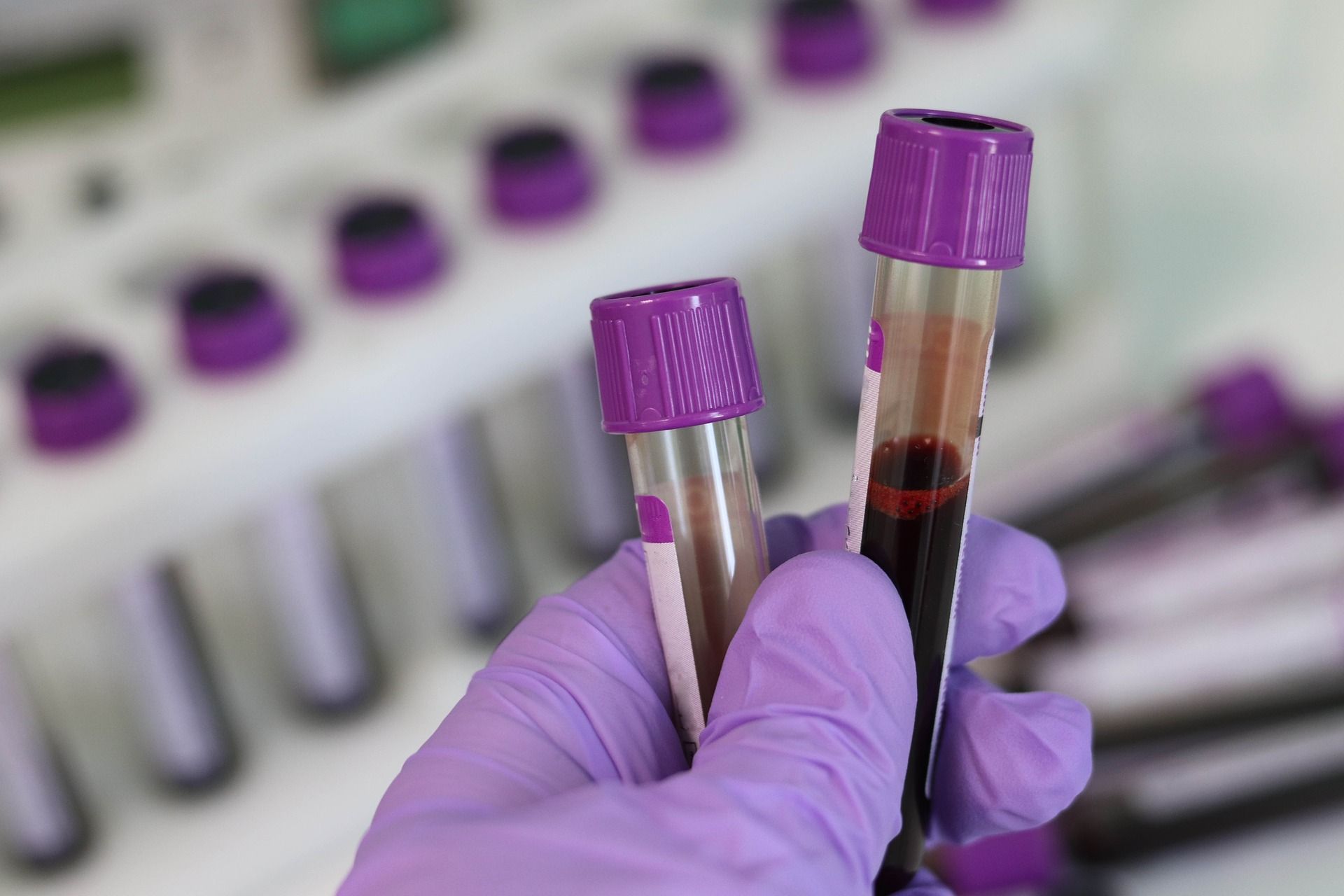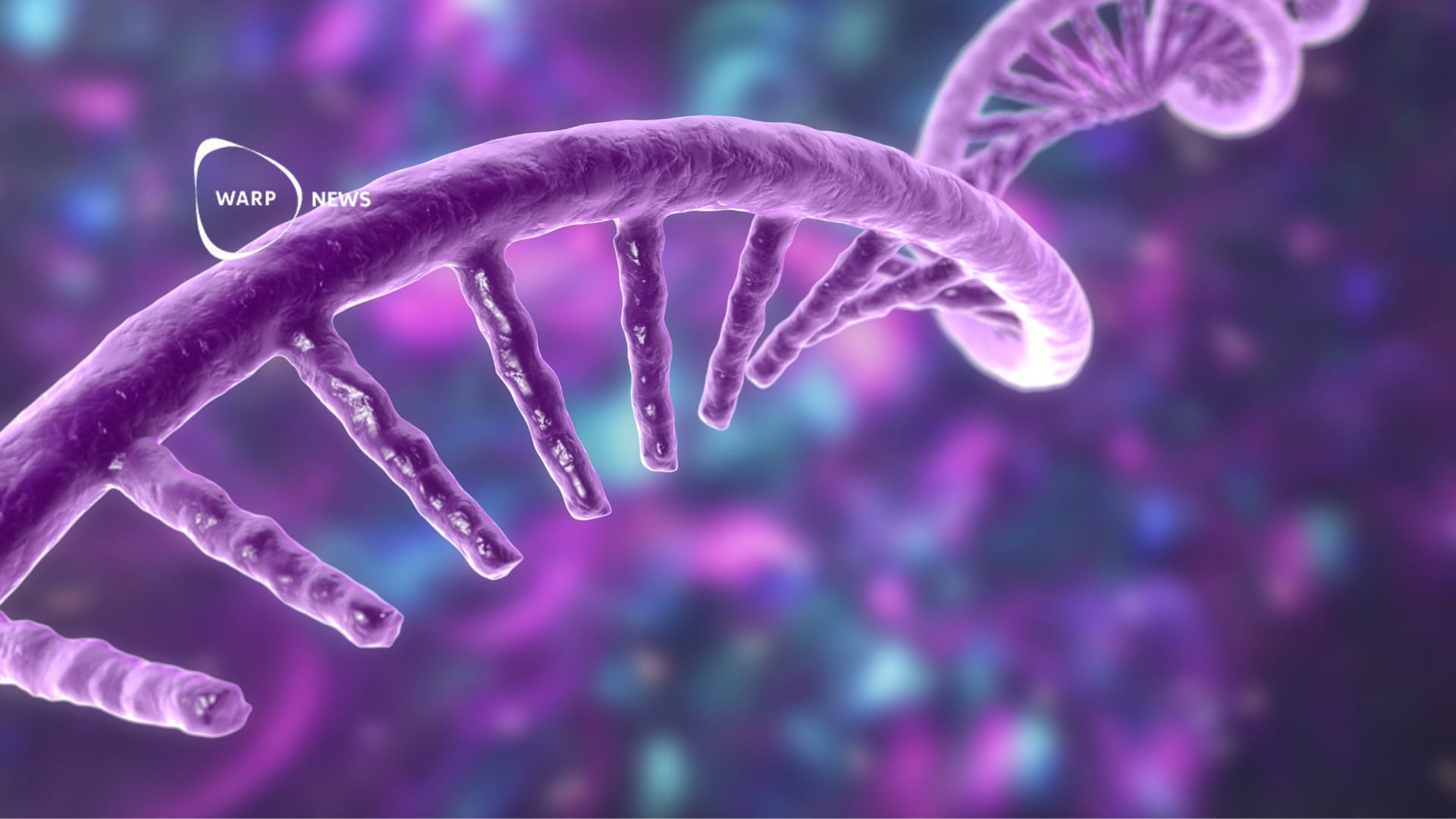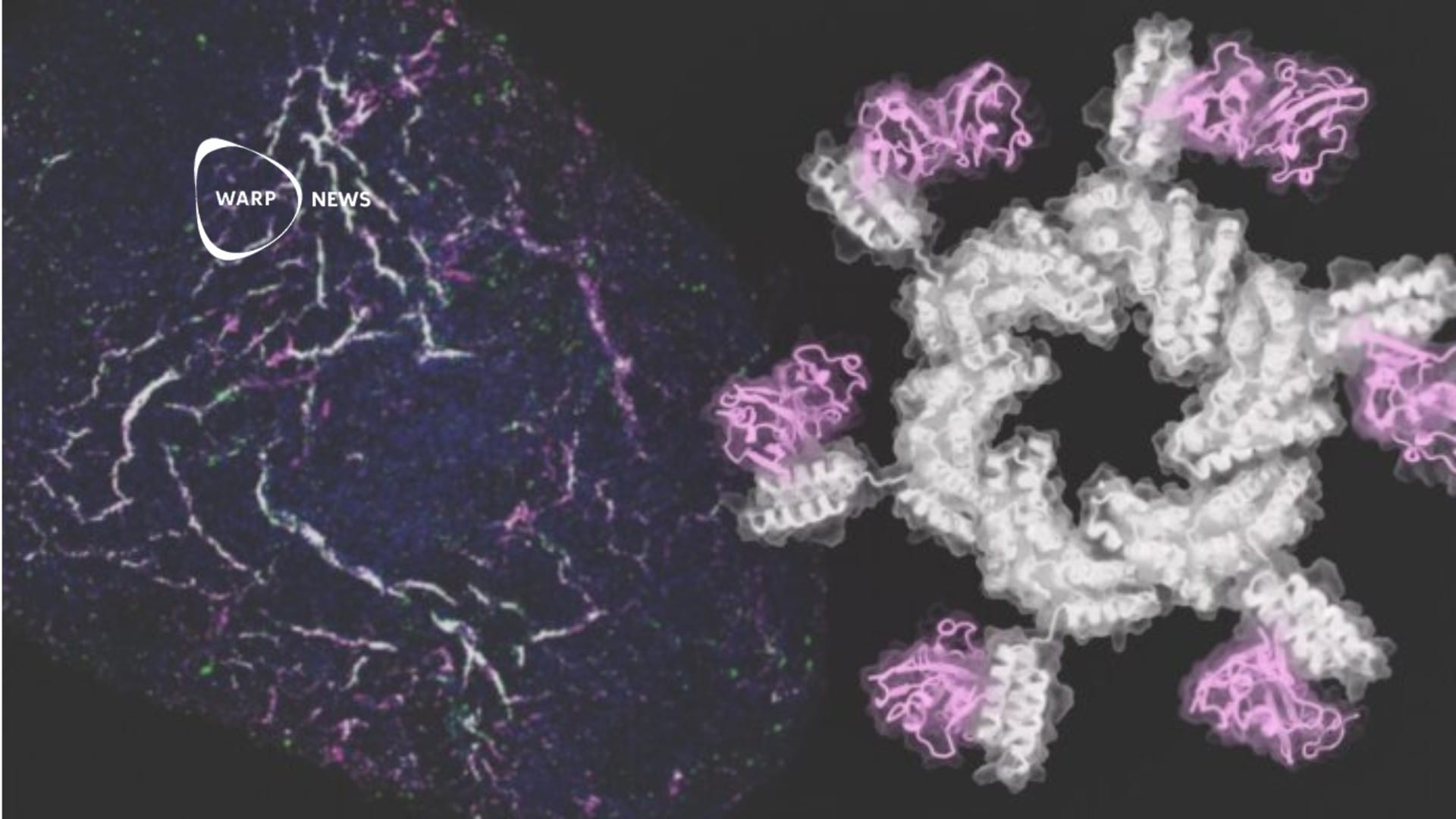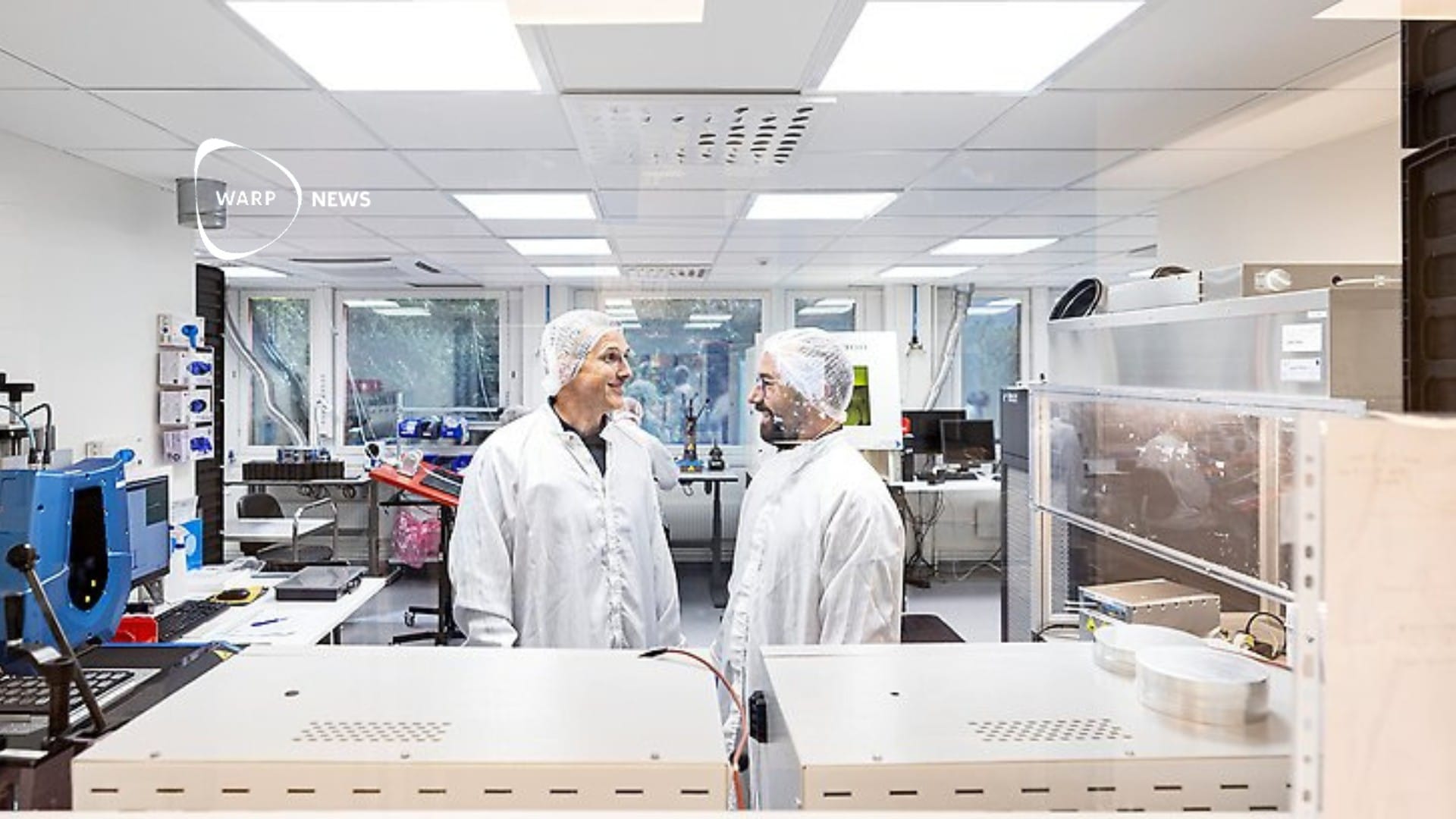
🔬 AI just as good at diagnosing prostate cancer as a pathologist
A competition shows that AI is as good as human pathologists at diagnosing cancer.
Share this story!
1.3 million men are diagnosed with prostate cancer each year. To make a reliable diagnosis, a pathologist must analyze a tissue sample. A new study suggests that AI can be beneficial in that process.
A problem with today's prostate cancer diagnosis is that pathologists can reach different conclusions even though they study the same tissue samples. Another problem is that there are not enough pathologists. Especially in developing countries, there is a significant shortage of pathologists.
To address these issues, a research team organized the Panda competition, in which over 1,000 AI developers created AI systems that can analyze tissue samples. The competition is now over, and the results show that AI is good at identifying and grading prostate cancer in tissue samples.
"Already after ten days, algorithms were developed that were as good as average pathologists. The implementation of Panda shows how competitions can spur rapid innovation to solve specific problems in healthcare with the help of AI", says Kimmo Kartasalo, a researcher at Karolinska Institutet and one of the researchers behind the study, in a press release.
One concern that the researchers had with the AI analyzes was that AI can have problems if the data they are fed in reality differs from the data used to train the AI. But that was not a problem in this case.
"The results from Panda show for the first time that AI systems can provide as accurate diagnosis and grading of prostate cancer in an international environment as when the diagnosis is made by human pathologists", says Martin Eklund, senior lecturer at Karolinska Institutet and another of the researchers behind the study.
The researchers emphasize that the goal is not to replace human pathologists.
"The idea is not that AI should replace the human assessment, but rather act as a safety net so that pathologists do not miss cancer cases and help to standardize the assessments. AI can also be an alternative in parts of the world where there is a complete lack of pathological expertise today", says Lars Egevad, professor of pathology at Karolinska Institutet and co-author of the study.
The researchers will now bring AI analyzes closer to practical use in healthcare.
"The next step is controlled studies to determine how the AI system can best be introduced in healthcare. Future studies should also include a greater variety of unusual but especially difficult-to-assess biopsies and more countries with varying ethnicity and demographics", says Martin Eklund.

By becoming a premium supporter, you help in the creation and sharing of fact-based optimistic news all over the world.



